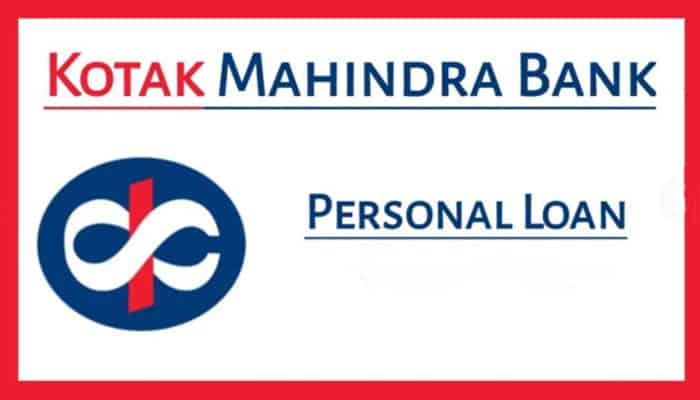
Personal loans are a popular financial product that allows borrowers to access funds for various purposes, such as home improvements, debt consolidation, or unexpected expenses. When looking for a personal loan, one of the most critical decisions is choosing between a fixed or variable interest rate.
Table of Contents
What is a fixed interest rate?
A fixed interest rate remains the same throughout the loan’s term. This means your monthly repayments will always be the same, making it easier to budget and plan your finances. A fixed interest rate is a good option if you are on a tight budget and want to avoid any surprises or unexpected increases in your monthly repayments.
Benefits of fixed interest rates:
- Predictability: You will know exactly how much you need to pay each month, making it easier to budget and plan your finances.
- Protection: You are protected from any unexpected interest rate increases, which means you can budget your repayments with certainty.
- Peace of mind: You can rest easy knowing that your interest rate will not change over the course of your loan.
What is a variable interest rate?
A variable interest rate can fluctuate over the course of your loan. Your monthly repayments could increase or decrease depending on market conditions. A variable interest rate is a good option if you are comfortable with a degree of uncertainty and want to take advantage of potential rate drops.
Benefits of variable interest rates:
- Lower interest rates: Variable interest rates are often lower than fixed interest rates, meaning you will pay less interest on your loan amount.
- Potential rate drops: If interest rates drop, you will pay less in interest and could save money on your monthly repayments.
- Flexibility: Variable interest rates can be more flexible than fixed interest rates, allowing you to make additional payments without penalty.
Which option is better for you?
Whether to opt for a variable or fixed personal loan interest rate depends on your circumstances and financial goals. If you value predictability and want to avoid any unexpected increases in your monthly repayments, a fixed interest rate may be the better option for you. On the other hand, if you are comfortable with a degree of uncertainty and want to take advantage of potential rate drops, a variable interest rate may be the better option.
It is also important to consider your financial situation and budget. A fixed interest rate may be the better option if you have a tight budget and want to ensure your monthly repayments remain the same. However, suppose you have some flexibility in your budget and want to take advantage of potential rate drops. In that case, a variable interest rate may be the better option.
Ultimately, deciding whether to opt for a fixed or variable interest rate will depend on your circumstances and financial goals. It is important to research, compare your options, and speak to a financial advisor if you are unsure which option is best for you.
Follow – https://sggreek.com for More Updates


